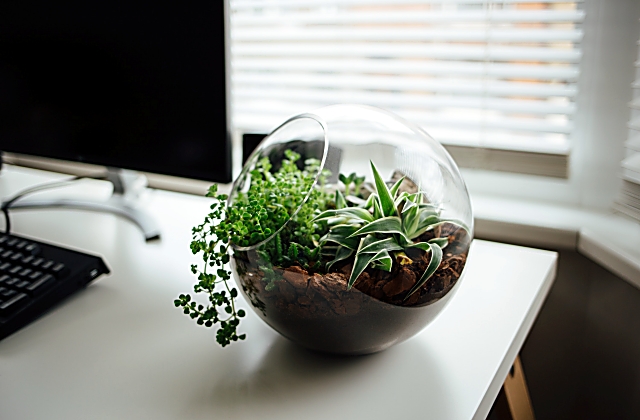Why Black Jungle Terrace is Perfect For Your Hermit Crab?

Behind a chain link fence on a commercial road in Turners Falls, the sweet scents and sounds of a tropical rainforest welcome visitors to the Black Jungle Terarium Supply, an adorable shop full of exotic flora and fauna for your terrarium. Visitors are welcomed to take their pick from the more than two thousand terrarium plants and flowers in stock or purchase some plants of their own. This shop also sells rock salt, soil, food containers, light bulbs, and even some lava rocks. You will find everything you need to setup your very own animal and plant-based terrarium. The employees at this pet store are extremely helpful, friendly, and knowledgeable about all aspects of caring for an aquarium, and they are always willing to talk to new customers about how they have helped many of their friends.
Most visitors are attracted to one of the four themes available at the Black Jungle Terarium Supply shop: the African theme featuring African Violets, Hornwort, and Lily of the Nile; the Australian Outback themed with Tamarind, Emerald, or Raindrop Lavender; the New Zealand Birding Theme with hornbills, kiwi, birds, and other birds; or the Feng Shui themed with bamboo, ferns, lilies, and orchids. In addition to the more popular plants, the store also sells accessories like glass balls, air pumps, air tubing, and thermometers. All of these accessories can be personalized with a name, message, or artwork. The terrarium supplies offered by this pet store are made in the United States, Europe, Australia, and Japan.
For an exotic look that truly tests the limits of tropical landscaping, consider the black jungle plant. It is named Dossinia Marmorata, and it is a member of the orchid family, or Cymbidium. If you would like to add a touch of black to your landscaping design, you should consider planting black jungle plants like this one.
The black foliage of the Sarracenia Northwest species is very dark. It is a light green with gray-black ribbons adorning the leaf surfaces. The flowers look like small pearl pearls. These beautiful flowers, which look like real marbles, grow on the branches of a large Sarracenia. This species of carnivore does not actually produce any fruit, although it does have seeds. It is the size of a small softball or ball.
Dossinia Marmorata grows in the Eastern Woodlands region of Sri Lanka. It is a common groundcover found throughout the forested areas. Because it is not a true carnivore, it is not considered an invasive species. However, it is one of the best and easiest of all the carnivorous plants to keep. As long as you provide your plants with enough light and water, you will have years of thriving with this beautiful ornamental grass.
The Black Jungle Terrapin can be planted both in the ground or partially in the substrate. It grows quite tall and the white flowers are quite striking when viewed from above. This variety of sarracenia northwest also has dark green leaves, very similar to the Sarracenia cambogia. Like all the other species of this genera, it is an excellent source of protein for your pet carnivore.
One of the more delicate members of the orchid family, the jersey devil carnivores are not considered hearty plants. They grow very small, perhaps no bigger than the size of a quarter. Yet they are extremely easy to care for and can survive in most conditions. Their color usually ranges from a bright yellow to a deep crimson. Because of their tiny size, they do require a large amount of water. Watering once per week should be adequate for these orchids.
These beautiful gymnogenis are not only good candidates for your carnivore plantings but also make excellent base plants for many of your other flowers. For example, you can try planting phlox growing either inside the circle of flowers you want to accentuate or outside the circle, allowing the beautiful flowers to open up on the flower bed as well. The key to growing gymnogenis is to take good care of the plant by providing it with plenty of nutrients. Other attractive cradles for your orchids include the Dioscorea Baurer (Thick Phlox), the Phlox Conchios (Phlox Tetrasodium), and the Dioscorea cyanopus (Dioscorea ferrea).